PCI Compliance: 5 Visible Benefits

In today’s world, card data is a favorite target for cybercriminals because the attacks have typically been easy to carry out and the rewards can be high. Massive data breaches in companies like Facebook and Target have proven that important financial data needs to be protected.
That is one of the reasons that the largest payment card providers – Visa, Mastercard, Discover, American Express, and JCB – created the Payment Card Industry Data Security Standard (PCI DSS) in 2014. The PCI DSS is a set of twelve requirements that outlines the security measures merchants must take when processing card payments. These requirements range from the way their networks are built to the way they store sensitive cardholder data. By implementing the PCI DSS and requiring any merchant who accepts payment cards to abide by the rules, the PCI DSS took a major proactive step to protecting cardholders and ensuring businesses take security seriously.
What Happens if Merchants Do Not Comply?
For merchants that fail to achieve PCI compliance, the card brands can choose to fine the merchant’s acquiring bank anywhere between $5,000 – $100,000 per month. The acquiring banks then usually pass these fines onto the merchants. For repeated violations, the card brands may revoke the merchant’s privileges to accept payments using their cards entirely.
What Do Merchants Gain from Being PCI-Compliant?
Even though many merchants tend to think of compliance with these twelve requirements as burdensome and expensive, they can bring several benefits, from increased security to a stronger brand reputation. Below is a list of the top benefits merchants can expect to see when they achieve PCI compliance.
Benefit #1: Reduces Risk of a Data Breach
PCI compliance is not just about satisfying a list of guidelines — it is a very real and proven way to protect merchants and their customers’ data from cyberattacks. By requiring merchants to use firewalls and encryption and prohibiting the storage of cardholder information, not only do these steps make it harder for hackers, but the amount of sensitive data they could steal is reduced as well.
Benefit #2: Helps to Avoid Fines
PCI compliance dramatically lowers the chances of getting breached, but it does not completely eliminate the possibility. If a business is breached, fines can grow as high as $500,000 per incident. Merchants who are PCI compliant significantly reduce their risk of a breach, and therefore, their likelihood of receiving a fine. If a company is breached, regardless of their state of compliance, they must immediately inform customers and their processor of the data breach in writing. The processor or bank will initiate an audit on that company to see if the merchant was in fact PCI compliant at the time of the breach.
Benefit #3: Protects Customers & Boosts Confidence
Data privacy concerns among consumers have never been higher. Just about everyone has been affected by a data breach at some point now, with millions of Americans having their records exposed during large breaches of Equifax, LinkedIn, Adobe, and more. Protecting customers’ data is not only the right thing to do, but also a sound business decision as well. When customers feel their data is safe, they will reward merchants with their loyalty and can even serve advocates by referring their business to friends and family.
Benefit #4: Improves A Mindset of Security
For businesses that are just beginning to address security, the PCI DSS provides an excellent place to start. The twelve requirements serve as a robust and comprehensive framework for which to examine existing security procedures and the self-assessment exercises that each merchant must complete are a fantastic way to reflect on how improvements can be made.
Benefit #5: Provides Peace of Mind
With breaches much less likely to happen, owners have one less thing to worry about in the daily course of running a business. Merchants appreciate the peace of mind, and over time, their customers will too.
Learn More About PCI Compliance:
Contact us online or call 1-800-621-8931.
Subscribe to Card Talk
Our monthly newsletter delivers the latest payments news straight to your inbox


